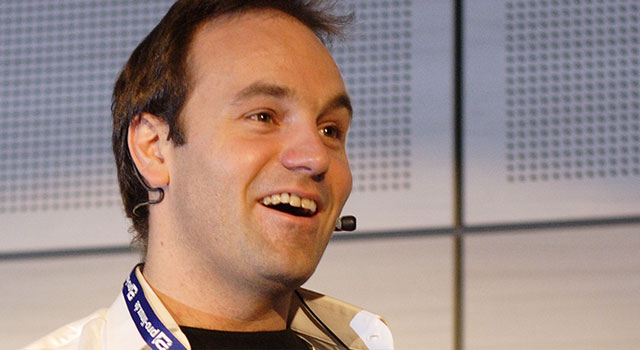
Mark Shuttleworth will give away the more than R250m the South African Reserve Bank must have him following a bruising battle at the supreme court of appeal in Bloemfontein.
The Internet billionaire said in a blog post on Wednesday that he will commit all the funds returned to him by the Reserve Bank to a trust that will selectively fund cases on behalf of those unable to do so themselves where the counterparty is the state.
“The mandate of this trust will extend beyond South African borders to address constitutional rights for African citizens at large, on the grounds that our future in South Africa is in every way part of that great continent.”
Earlier on Wednesday, it was reported that the supreme court of appeal had directed the Reserve Bank to pay Shuttleworth R250m plus interest. He paid a levy of R250m when he took R2,5bn of his money out of the country in 2009.
In his blog post, Shuttleworth said: “Exchange controls may appear to be targeted at a very small number of South Africans but their consequences are significant for all of us, especially those who are building relationships across Southern Africa such as migrant workers and small businesses seeking to participate in the growth of our continent. It is more expensive to work across South African borders than almost anywhere else on Earth, purely because the framework of exchange controls creates a cartel of banks authorised to act as the agents of the Reserve Bank in currency matters.
“We all pay a very high price for that cartel, and derive no real benefit in currency stability or security for that cost.
“Banks profit from exchange controls, but our economy is stifled, and the most vulnerable suffer most of all. Everything you buy is more expensive, South Africans are less globally competitive, and cross-border labourers, already vulnerable, pay the highest price of all – a shame we should work to address.”
Shuttleworth continued: “Today’s ruling by the supreme court of appeal found administrative and procedural fault with the Reserve Bank’s actions in regards to me, and returned the fees levied, for which I am grateful. This case, however, was not filed solely in pursuit of relief for me personally. We are now considering the continuation of the case in the constitutional court, to challenge exchange control on constitutional grounds and ensure that the benefits of today’s ruling accrue to all South Africans.”
Explaining his reason to hand over the money to a trust, he said: “This is a time in our history when it will be increasingly important to defend constitutional rights. Historically, these are largely questions related to the balance of power between the state and the individual. For all the eloquence of our constitution, it will be of little benefit to us all if it cannot be made binding on our government. It is expensive to litigate at the constitutional level, which means that such cases are imbalanced – the state has the resources to make its argument, but the individual often does not.”
He said exchange controls prevent him from doing the work he wants to pursue from South Africa. The controls were the reason he emigrated. “I pursue this case in the hope that the next generation of South Africans who want to build small but global operations will be able to do so without leaving the country. In our modern, connected world, and our modern connected country, that is the right outcome for all South Africans.” — © 2014 NewsCentral Media




